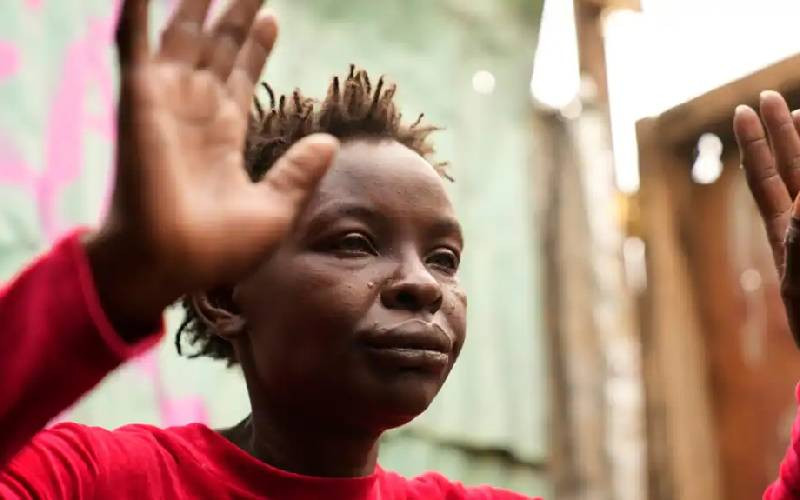×
The Standard e-Paper
Join Thousands Daily

Winnie Makinda, 35, says she is facing the worst crisis and lowest moment of her life because of the Kenyan government's response to floods that devastated her poor community in the capital, Nairobi.
The floods and mudslides swept away people and inundated homes, killing at least 267 people and affecting more than 380,000, according to government statistics. The floods are fueled by unusually heavy rainfall during Kenya's rainy season, which starts in March and sometimes extends to June.